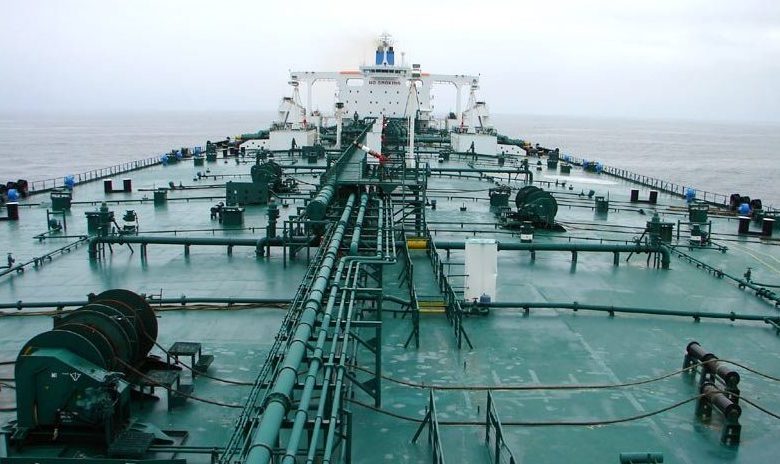
Today marks a potentially transformative one for the crude tanker sector with the European Union ban on the import of seaborne Russian crude oil coming into force as well as the start of the $60 price cap on Russian oil exports.
The EU ban has one exception, Bulgaria, which has been given longer to comply, with the bloc joining G7 countries and Australia in banning crude imports.
On Sunday, a virtual OPEC meeting decided to stick with the current output quota, and in early trading today the price of oil was flat, while in Moscow the rouble fell to seven-week lows against the US dollar.
“Monday, December 5 will be an interesting day,” analysts at tanker brokers Poten & Partners mused in a Friday commentary, setting the scene for today’s big crude shift. “Tanker brokers and oil analysts alike will keep a keen eye on the Russian market to see which vessels are loading in Russian ports and where they are heading. Will the dark fleet be as active as expected? Will there be attempts to adhere to the price cap?”
After a few days or weeks, the situation will settle down, Poten suggested, with the likely knock-on effect that there would be greater tonne-mile demand in 2023, with Russian crude heading to Asia and Europe sourcing the fuel from further away.
According to S&P Global Commodity Insights, Russia’s seaborne crude exports to Asia increased by around 31% year-on-year to an average 1.6m barrels per day in the first 10 months of 2022. While China’s seaborne crude inflows from Russia surged by 36% year-on-year to an average of 780,000 barrels per day in the January to October period, India’s buying from Russia jumped to 450,000 barrels per day during the same period, compared with 90,000 barrels per day in the same period a year earlier.
“For Russia, China and India are likely to become even more important as markets for exports,” commented Ulf Bergman, senior economist at chartering platform Shipfix.

